Bandit LOAF
Long Live the Confederation!
I needed a distraction tonight so I took apart the Wing Commander III scene where Thrakhath hacks the Victory's comms. WC3 is actually a lot more dynamic than just 'play good scene/play bad scene'. Here four different scenes come from one video...
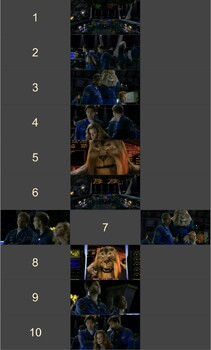
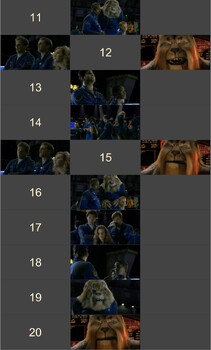
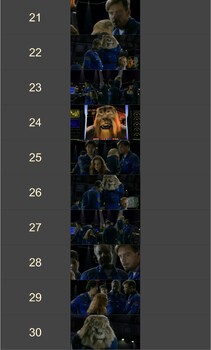
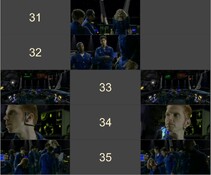
Next I decided to track where all the actors were and especially figure out the extras. This is one of the busiest scenes in WC3! Here are the first and last wide shots labeled:
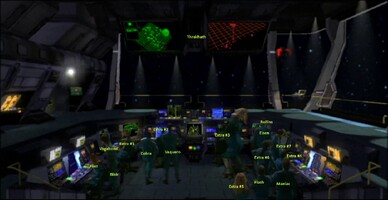
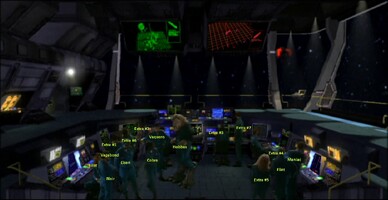
And I tracked all the extras, too. Several aren't visible at all but others are familiar. #5 is the woman Maniac was harassing in his intro and #6 appears in funerals. #7 seems to take the conn when Eisen leaves; maybe the XO?
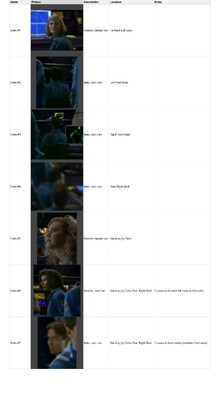
--
Original update published on September 18, 2024
Scenes 7, 12 and 15 are determined by whether or not Flash has joined the crew (and is still alive). Instead of closeups of Thrakhath you get funny reaction shots of Maniac and Flash goofing around, and then the last scenes are determined by whether or not you won the previous series (Ariel). If you didn't, the Kilrathi are approaching and Rollins gets in an I-told-you-so! So the Xanmovie file contains 41 shots but only 35 of them will play in any given game run. I decided to organize them into camera angles and found there are 14 distinct ones which means they did 14 different rendered background animation cycles for this scene!




Next I decided to track where all the actors were and especially figure out the extras. This is one of the busiest scenes in WC3! Here are the first and last wide shots labeled:


And I tracked all the extras, too. Several aren't visible at all but others are familiar. #5 is the woman Maniac was harassing in his intro and #6 appears in funerals. #7 seems to take the conn when Eisen leaves; maybe the XO?

--
Original update published on September 18, 2024
